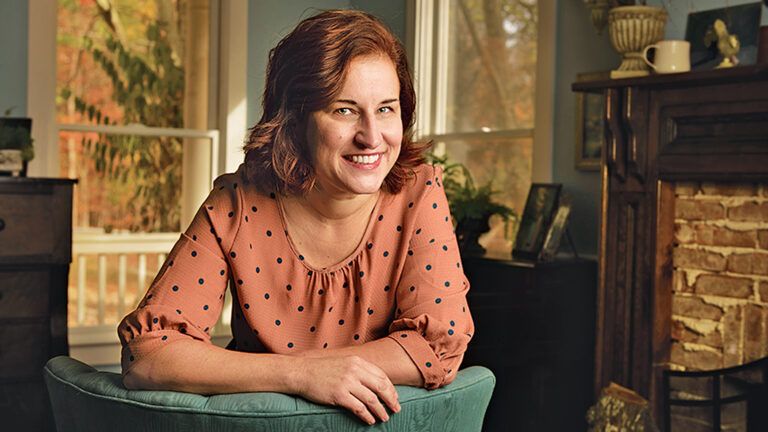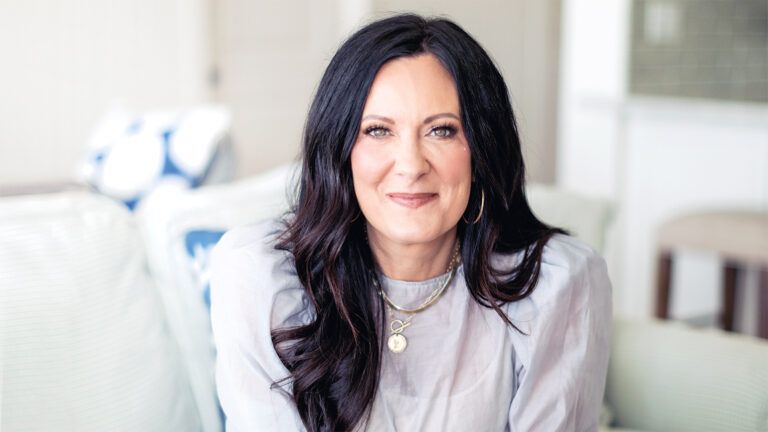When I moved to New York last year, I spent almost two months on my friends’ couch. Eventually I found my job at Mysterious Ways (or it found me) and moved into my current apartment.
Seemingly, things are better now. I have a stable income and my own room. But I still miss something about those two months, when nearly every evening, my friends and I made dinner together, and sat and talked in the living room.
Now I live with three complete strangers. We treat each other with polite indifference; we keep to ourselves. It’s not really home.
Thinking back to my time on my friends’ couch, I’ve realized that there was undoubtedly something beneficial about being around them and the community we built together. I didn’t just feel less lonely back then—somehow, I felt healthier too.
It turns out my feelings are backed by science: we are healthier living in a community, in close proximity to those we care about. Instead of flying solo, we should join a “soul tribe,” says Dr. Lissa Rankin, author of Mind Over Medicine, whom I interviewed for the upcoming of issue of Mysterious Ways.
Read more amazing stories! Click here to subscribe to Mysterious Ways
In her book, Rankin cites a famous study from by Dr. Stewart Wolf of the inhabitants of Roseto, Pennsylvania.
In the mid-20th century, Roseto was a close community of Italian immigrants with unusually low rates of heart disease. After studying a variety of factors–diet, tobacco use, genetics, exercise habits, etc.–Dr. Wolf found that the only thing unique about the residents was their sense of community.
In fact, this factor “was a better predictor of heart health than cholesterol levels or tobacco use,” Dr. Rankin writes.
A new study in Heart looked at data from over 181,000 adults and found that loneliness and social isolation increase the risk of heart disease by 29 percent and stroke by 31 percent.
Clearly, we’re meant to socialize. I take these studies as evidence that our roommates can give us something more than their portion of the rent. As people start families later and later in life (or not at all), maybe we should rethink how we live in the meantime.
Have you had a roommate who changed your life for the better? Share your stories with us.






